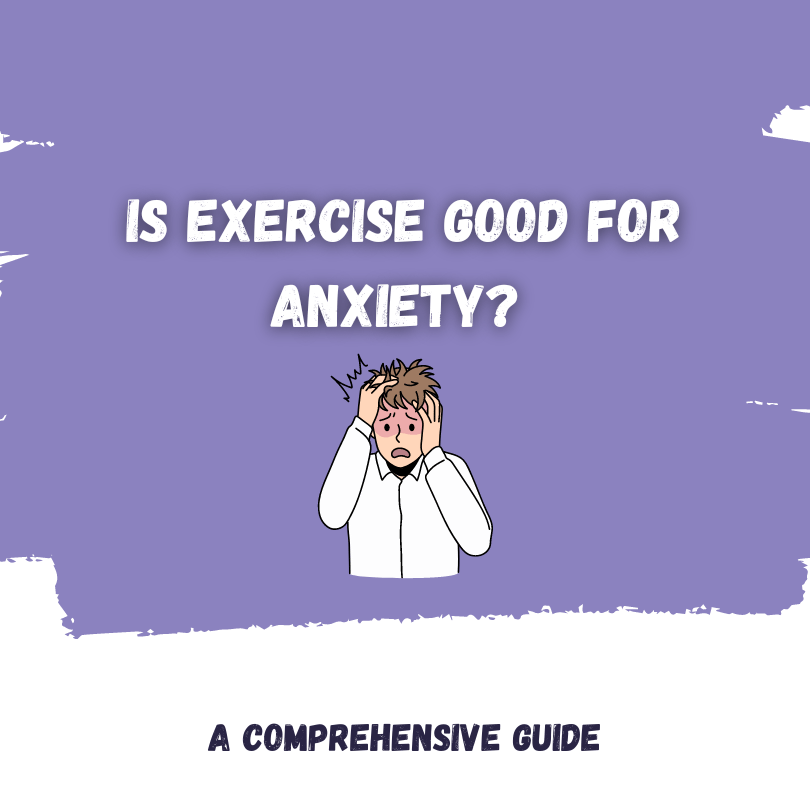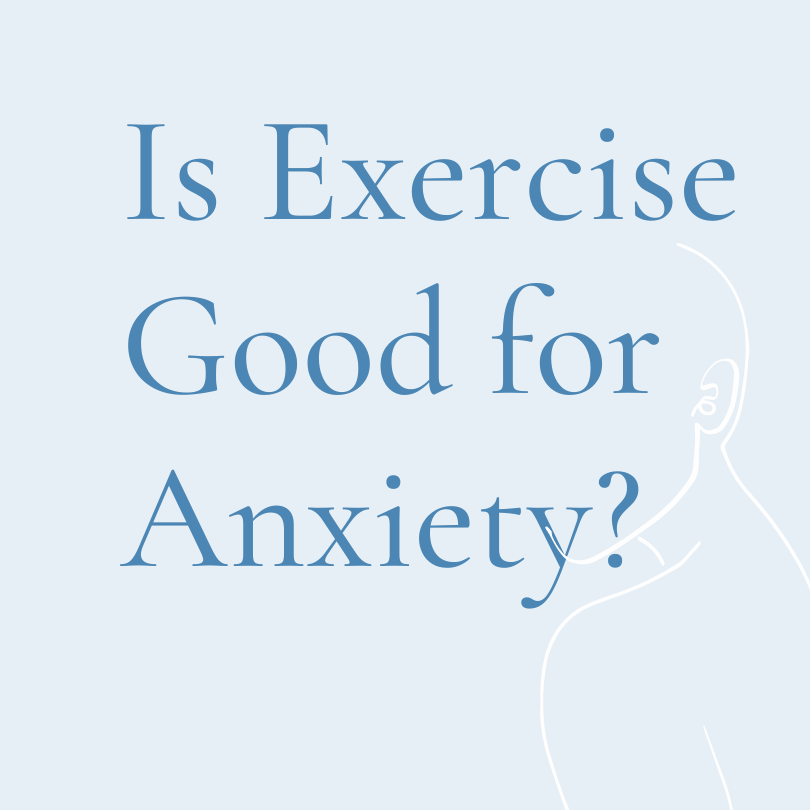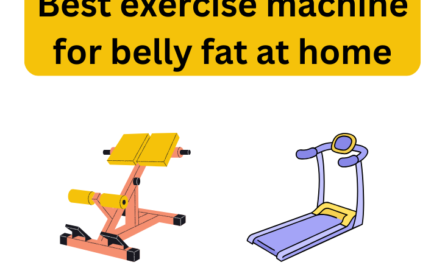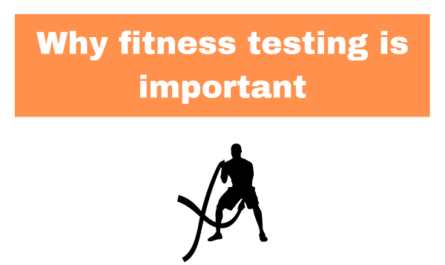Is Exercise Good for Anxiety? A Comprehensive Guide
Anxiety is a common mental health disorder that affects millions of people worldwide. While medication and therapy are commonly used to treat anxiety, some studies suggest that exercise may be an effective way to alleviate anxiety symptoms. In this blog, we’ll explore the link between exercise and anxiety, and provide tips on how to incorporate exercise into your anxiety management plan.
What is Anxiety?
Anxiety is a mental health disorder characterised by excessive worry and fear. Anxiety can manifest in physical symptoms such as racing heart, sweating, and shortness of breath. Anxiety can be debilitating, affecting daily life, work, and relationships. Anxiety can be treated with medication and therapy, but lifestyle changes such as exercise can also be beneficial.
The Benefits of Exercise for Anxiety
Exercise has been shown to be an effective way to reduce anxiety symptoms. Exercise can help to:
- Decrease muscle tension
- Increase relaxation
- Increase feelings of wellbeing
- Improve sleep
- Increase confidence
- Improve cognitive function
How Exercise Helps to Alleviate Anxiety Symptoms?
Exercise works to alleviate anxiety symptoms by increasing the levels of serotonin, dopamine, and endorphins in the brain. These chemicals are known as “feel-good” chemicals, and they play a role in regulating mood and reducing anxiety. Exercise also helps to decrease the levels of cortisol in the body, which is a hormone that is released during times of stress.
How exercise lowers blood pressure?
Regular exercise can help to lower blood pressure in a few ways. First, it can help to strengthen the heart, which makes it more efficient at pumping blood throughout the body. This reduces the amount of pressure needed to move blood through the arteries. Exercise can also help to reduce the amount of inflammation in the body, which can contribute to high blood pressure. Finally, exercise can help to reduce stress levels, which can also contribute to high blood pressure.
Why exercise is good for mental health?
Exercise is good for mental health for a few reasons. First, exercise can help to increase the production of endorphins, which are feel-good chemicals in the brain that can help to reduce feelings of anxiety and depression. Exercise can also help to reduce the amount of stress hormones in the body, which can contribute to anxiety and depression. Finally, exercise can help to improve self-esteem and self-confidence, which can improve overall mood and mental health.
What are some exercises you can do at home, including exercises you can do in bed?
There are many exercises you can do at home, including some that can even be done in bed! Some exercises you can do in bed include leg lifts, bridges, and pelvic tilts. These exercises can help to improve core strength and flexibility. In addition to physical exercises, it’s also important to exercise your brain by doing things like puzzles, reading, and learning new skills. Finally, if you’re looking for exercise to get rid of belly fat, exercises like crunches, planks, and bicycle kicks can be effective when combined with a healthy diet.
How Much Exercise Do You Need to Reduce Anxiety?
The amount of exercise needed to reduce anxiety symptoms varies depending on the individual. However, research suggests that at least 30 minutes of moderate exercise per day can be beneficial for anxiety management. Exercise should be done consistently, ideally every day, to see the most benefits.
Best Exercises for Anxiety
Some exercises have been shown to be particularly effective in reducing anxiety symptoms. These exercises include:
- Running
- Cycling
- Swimming
- Yoga
- Martial arts
- Tai Chi
Yoga and Anxiety
Yoga is a type of exercise that combines physical postures, breathing exercises, and meditation. Yoga has been shown to be particularly effective in reducing anxiety symptoms. Yoga helps to increase relaxation, decrease muscle tension, and increase feelings of wellbeing. There are many types of yoga, so it’s important to find a type of yoga that you enjoy and can stick to long term.
Outdoor Activities for Anxiety
Outdoor activities can be particularly effective in reducing anxiety symptoms. Being in nature has been shown to have a calming effect on the mind and body. Some outdoor activities that can be beneficial for anxiety management include:
- Hiking
- Walking
- Biking
- Swimming
- Kayaking
- Rock climbing
Precautions Before Starting an Exercise Regimen
Before starting an exercise regimen, it’s important to talk to your doctor, especially if you have any pre-existing medical conditions. It’s also important to start slowly and gradually increase the intensity and duration of your exercise regimen. This can help to prevent injury and avoid burnout.
How to Incorporate Exercise into Your Anxiety Management Plan?
Incorporating exercise into your anxiety management plan can be challenging, but it’s important to prioritise exercise as part of your overall wellness routine. Here are some tips for incorporating exercise into your anxiety management plan:
- Choose an exercise that you enjoy
- Start with a small, achievable goal, such as exercising for 10 minutes per day
- Increase the duration and intensity of your exercise regimen gradually
- Find an exercise partner or join a group fitness class for accountability and motivation
- Schedule exercise into your daily routine, making it a non-negotiable part of your day
Creating an Exercise Routine That Works for You
Creating an exercise routine that works for you is key to long-term success. Here are some tips for creating an exercise routine that works for you:
- Choose an exercise that you enjoy and that fits your lifestyle
- Set achievable goals
- Incorporate a variety of exercises to prevent boredom
- Schedule exercise into your daily routine
- Be flexible and willing to adjust your exercise routine as needed
The Importance of Sticking to Your Exercise Routine
Sticking to your exercise routine can be challenging, but it’s important for long-term success. Here are some tips for sticking to your exercise routine:
- Make exercise a priority in your daily routine
- Find an exercise partner or join a group fitness class for accountability and motivation
- Keep track of your progress and celebrate your successes
- Don’t beat yourself up if you miss a day of exercise, just get back on track the next day
Combining Exercise with Other Anxiety Management Strategies
Exercise can be a powerful tool for anxiety management, but it’s important to combine exercise with other anxiety management strategies for the best results. Some other anxiety management strategies that can be combined with exercise include:
- Therapy
- Medication
- Mindfulness meditation
- Breathing exercises
- Cognitive-behavioural therapy
Common Misconceptions About Exercise and Anxiety
There are many misconceptions about exercise and anxiety. Here are some common misconceptions:
- You need to exercise for hours to see benefits
- Exercise is a cure-all for anxiety
- You need to join a gym to exercise
- Exercise has to be intense to be effective
- Exercise is only for people who are already fit
Conclusion
Exercise can be a powerful tool for anxiety management. Exercise helps to reduce anxiety symptoms by increasing feel-good chemicals in the brain and decreasing stress hormones in the body. To see the most benefits, it’s important to choose an exercise that you enjoy and can stick to long term, and to incorporate exercise into your daily routine. Remember to talk to your doctor before starting an exercise regimen, and to combine exercise with other anxiety management strategies for the best results.
Read more blogs by clicking here:
https://family-fitness-fun.com/the-ultimate-guide-to-lowering-your-blood-pressure-with-exercise/





